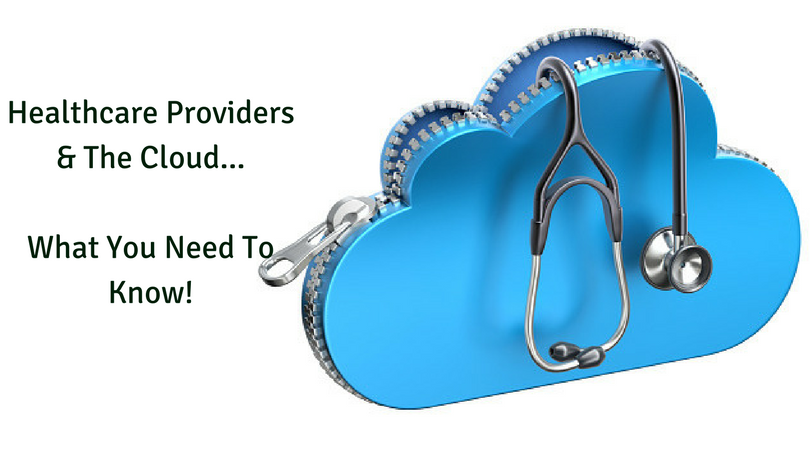Lack of compliance with HIPAA policies is a major problem among cloud service providers. Take the time to carefully evaluate companies to ensure patient data stays secure.
The healthcare industry was one of the first to recognize the substantial benefits of cloud computing. Cloud services pave the way for better collaboration between doctors and medical facilities, present more available data to treat patients, and permit remote patient care. The important thing to remember is healthcare cloud services have vulnerabilities. Weigh the pros and cons of each service provider to make an informed buying decision.
Features of the Cloud Service Provider
Your software needs will help narrow down your choice of healthcare cloud service providers. For instance, does your organization require an online CRM (customer relationship management) system? Do you need back office functions hosted on the cloud along with clinical data? Does your facility need on-demand access to virtual servers? You may not wish to rely on cloud servers alone and may want a provider who enables a hybrid cloud model. Another requirement you may have is hosting on a private cloud versus a public cloud. A private cloud is developed for large-scale organizations that need customizable features for their healthcare company. Public clouds are shared by some organizations that can use the same types of tools. Public clouds are more cost-effective than private clouds. Scalable service offerings may be considered too if your business needs may change in the future.
Cloud Security and HIPAA Compliancy
Healthcare organizations must follow stringent rules to guarantee the security of patient data. The cloud must align with industry standards and prove that you’re following all compliance regulations. Health cloud service providers need more than basic security features in place. There must be routine security audits done to ensure compliance. Health clouds require a high level of access control. You must be able to tell who is accessing data and when. Standard security measures should be included in your package such as firewall installation, antivirus detection tools, two-factor user authentication, and data encryption. Your selected cloud service provider needs to be completely transparent about who on their end will be able to access data on your network.
Value Reputation Above Price
Although you may wish to reduce overhead costs, choosing a reputable provider is a must. If your provider puts your organization at risk, the cost to repair your company reputation is unimaginable. Many well-known vendors like Microsoft have the resources to help you stay HIPAA compliant by securing data at all endpoints. The organization you choose should let you know the location of their data centers and the type of security in place at the centers. The provider should also talk to you about what kind of backup and data recovery systems are in place.
Good customer support is essential when choosing a health cloud service provider. Your company will likely need support available 24/7 and 365 days a year. The provider should give you an average response time for customer tickets. You want to avoid any service providers who have a reputation for disappearing once you’re set up with their software.
With the right security and features in place, a health cloud can streamline operations within your facility and save your business time and precious resources.
